Theos | Week 7 | Pastor Ben Pierce
What Happens Next: Understanding Our Role in the Last Days
In the final segment of the ‘Theos series, we explore the significance of eschatology and our responsibilities as believers in these crucial times. As we anticipate the return of Jesus, it’s essential to understand the call to action and the empowerment we receive to fulfill our purpose.
Introduction to Eschatology
Eschatology, the study of end times, is a foundational aspect of Christian theology. It encompasses beliefs about the final events in human history, including the return of Jesus Christ, the resurrection of the dead, and the ultimate judgment. This doctrine is not merely academic; it shapes the hope and actions of believers. Understanding eschatology helps Christians navigate the complexities of life and remain steadfast in faith amidst uncertainty.

The Importance of Eschatology
In recent years, discussions surrounding eschatology have waned, particularly among younger generations. Many feel uncomfortable discussing end times or sharing their faith. However, it is crucial to reclaim this foundational theology. It is a source of hope and motivation, reminding believers that Jesus is preparing a place for them and will return to gather His people.
Key Concepts in Eschatology
- The Second Coming: The belief that Jesus will return to earth to fulfill His promises.
- The Resurrection: The belief that all will be raised from the dead, either to eternal life or eternal separation from God.
- The Final Judgment: The belief that all individuals will be judged based on their faith and actions.

The Role of Believers in Last Days
As believers, our role in the last days is to be actively engaged in our faith. We are called to be “found busy” about our Father’s business. This means living out our faith in tangible ways, serving others, and sharing the gospel. The urgency of the times calls for a proactive faith, where we do not merely wait for Christ’s return but actively participate in His mission.
Living with Purpose
Every believer has a purpose, and it is essential to seek that purpose, especially in these last days. God has placed each of us in this generation intentionally. Our lives should reflect His love and truth, impacting those around us. This active engagement is a testament to our faith and a reflection of our anticipation for Christ’s return.
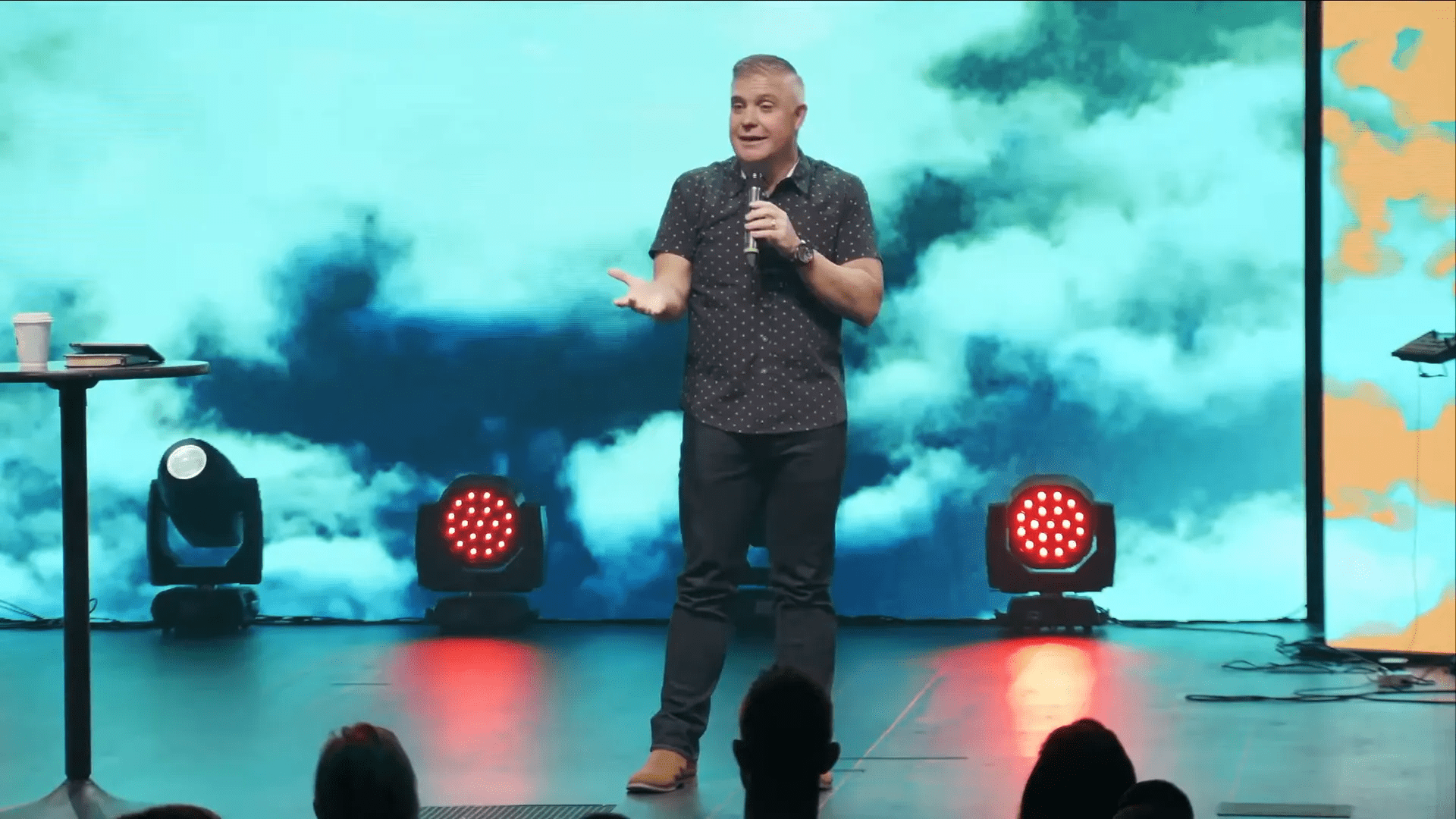
The Call to Action: Being Found Busy
In Matthew 24, Jesus emphasizes the importance of being found doing His work when He returns. This call to action is not passive; it requires diligence and commitment. Believers are encouraged to be vigilant, living out their faith daily and contributing to the work of the Kingdom.
Practical Steps to Be Found Busy
- Engage in Community Service: Actively participate in serving those in need.
- Share the Gospel: Make it a priority to share your faith with others.
- Pray and Seek God: Develop a deep, personal relationship with God through prayer and reading His Word.

The Parable of the Ten Virgins
The parable of the ten virgins (Matthew 25:1-13) illustrates the importance of being prepared for Christ’s return. Five virgins were wise and brought oil for their lamps, while the other five were foolish and did not. When the bridegroom arrived, only those who were prepared could enter the wedding feast. This parable serves as a warning to believers to remain vigilant and ready, ensuring that their faith is active and alive.
Lessons from the Parable
- Preparation is Key: Just as the wise virgins prepared, we must prepare our hearts and lives for Christ’s return.
- Stay Alert: The call to be watchful is clear; we must not allow distractions to hinder our readiness.
- Active Faith: Our faith should be evident in our actions and choices, reflecting our anticipation of Christ’s return.
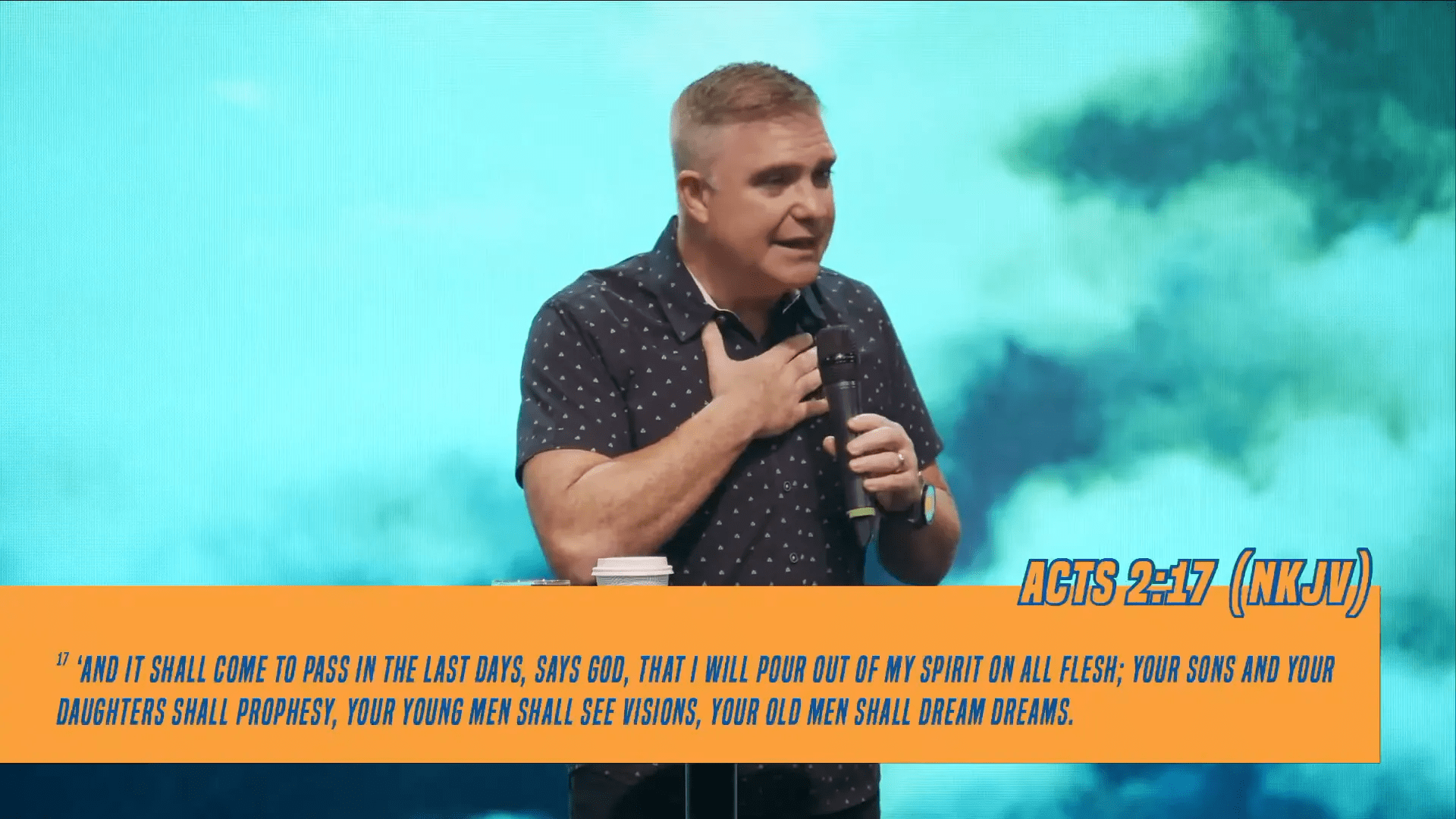
Understanding the Parable of the Talents
The parable of the Talents (Matthew 25:14-30) teaches us about stewardship and responsibility in the Kingdom of God. Each servant was entrusted with talents according to their abilities. The expectation was clear: they were to invest and multiply what they had been given. This parable challenges believers to consider how they are using their gifts and resources for God’s glory.
Key Takeaways from the Parable
- Use Your Gifts: Every believer has been given unique gifts and talents to serve God and others.
- Be Accountable: We will be held accountable for how we use what God has entrusted to us.
- Invest in the Kingdom: Actively seek opportunities to invest in God’s work, whether through service, giving, or evangelism.

Dividing the Goats and the Sheep
The separation of the goats and sheep (Matthew 25:31-46) illustrates the final judgment and the criteria by which individuals will be judged. Those who served others in need are likened to sheep, while those who neglected the needy are likened to goats. This passage emphasizes the importance of living out our faith through acts of kindness and service.
Implications for Believers
- Service is Essential: Our faith must be demonstrated through our actions towards others.
- Awareness of Needs: We must be attentive to the needs of those around us and respond accordingly.
- Living with Compassion: Compassion should drive our actions, reflecting the heart of Christ.
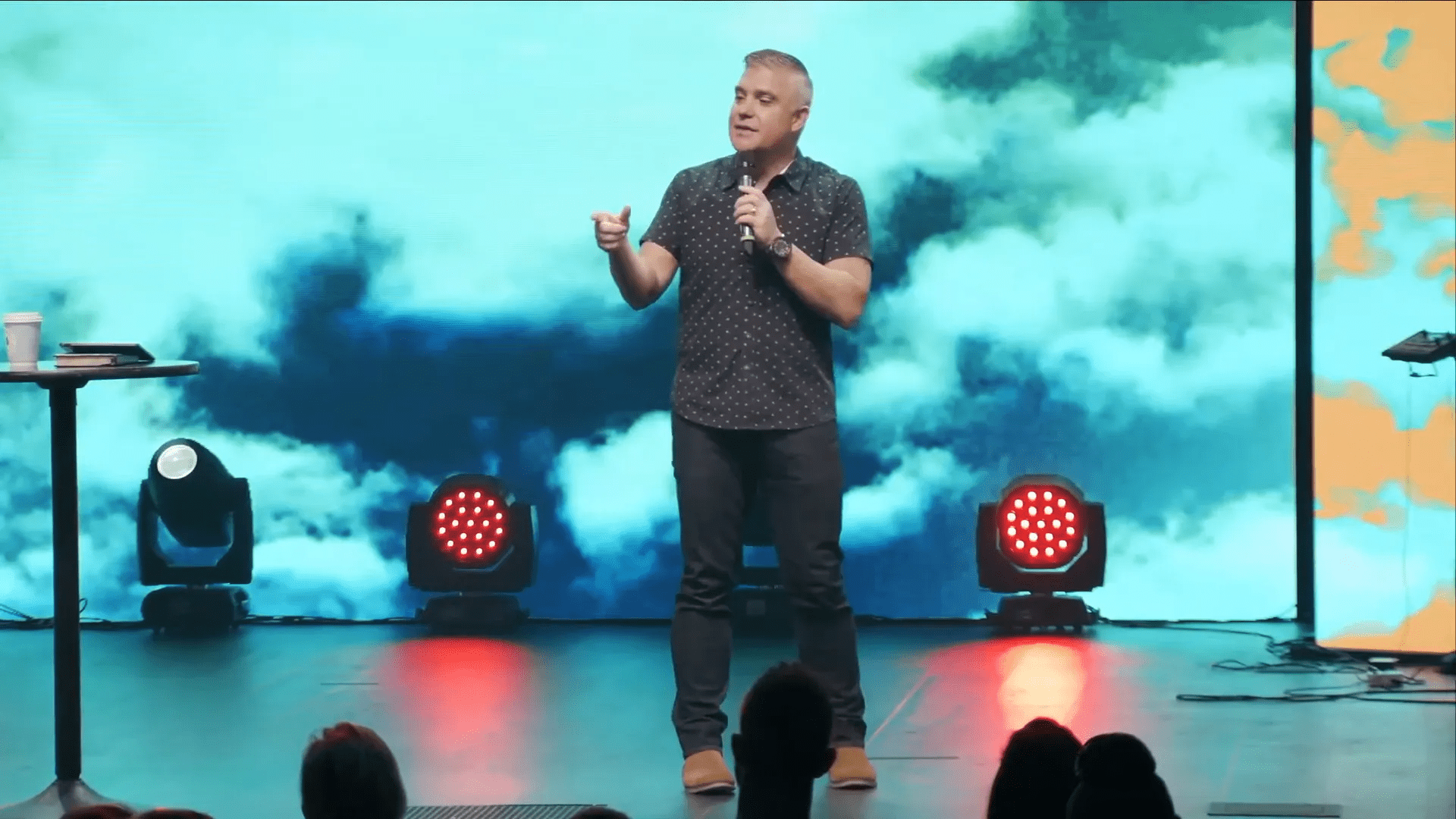
God’s Empowerment in the Last Days
Acts 2:17 speaks of God’s promise to pour out His Spirit in the last days. This empowerment is crucial for believers as we navigate the challenges of the end times. The Holy Spirit equips us to fulfill our calling and empowers us to be effective witnesses for Christ.
Living in the Spirit
- Seek His Guidance: Rely on the Holy Spirit for direction and strength in your daily life.
- Embrace His Power: Allow the Holy Spirit to work through you, enabling you to accomplish God’s purposes.
- Participate in Spiritual Revival: Engage in activities that foster spiritual awakening and renewal in yourself and your community.
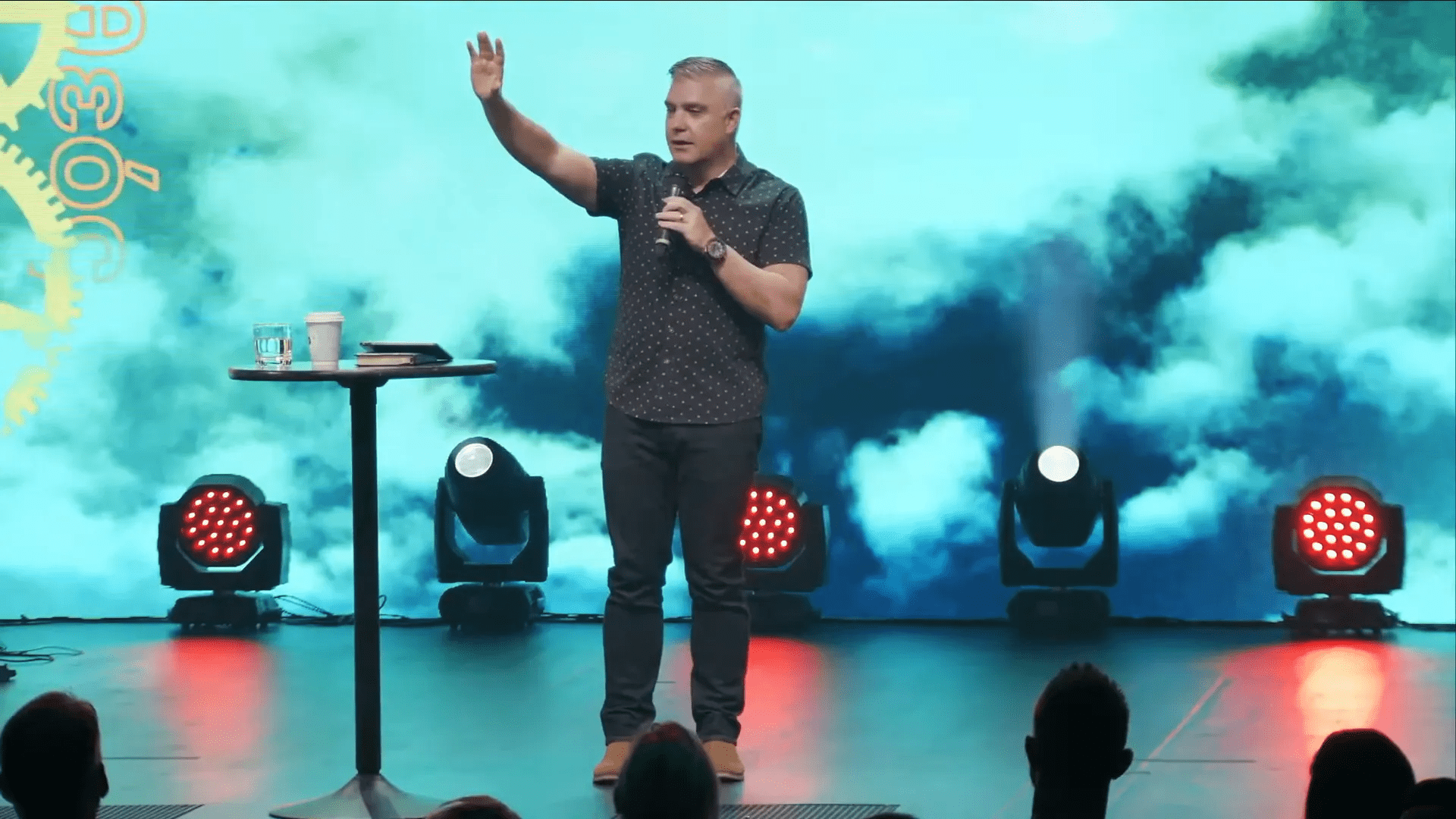
The Significance of the Former and Latter Rain
The concept of the former and latter rain (Joel 2:23) illustrates God’s provision for His people and the timing of spiritual outpouring. The former rain prepares the ground for harvest, while the latter rain brings forth the final harvest. In the context of the church, this signifies that we are in a season of preparation and anticipation for a great outpouring of God’s Spirit.
Understanding the Seasons
- Recognize the Times: Understand the spiritual climate and be aware of what God is doing in this season.
- Prepare for Harvest: Engage in activities that prepare hearts for the coming revival.
- Trust in God’s Timing: Be patient and trust that God will fulfill His promises in His perfect timing.
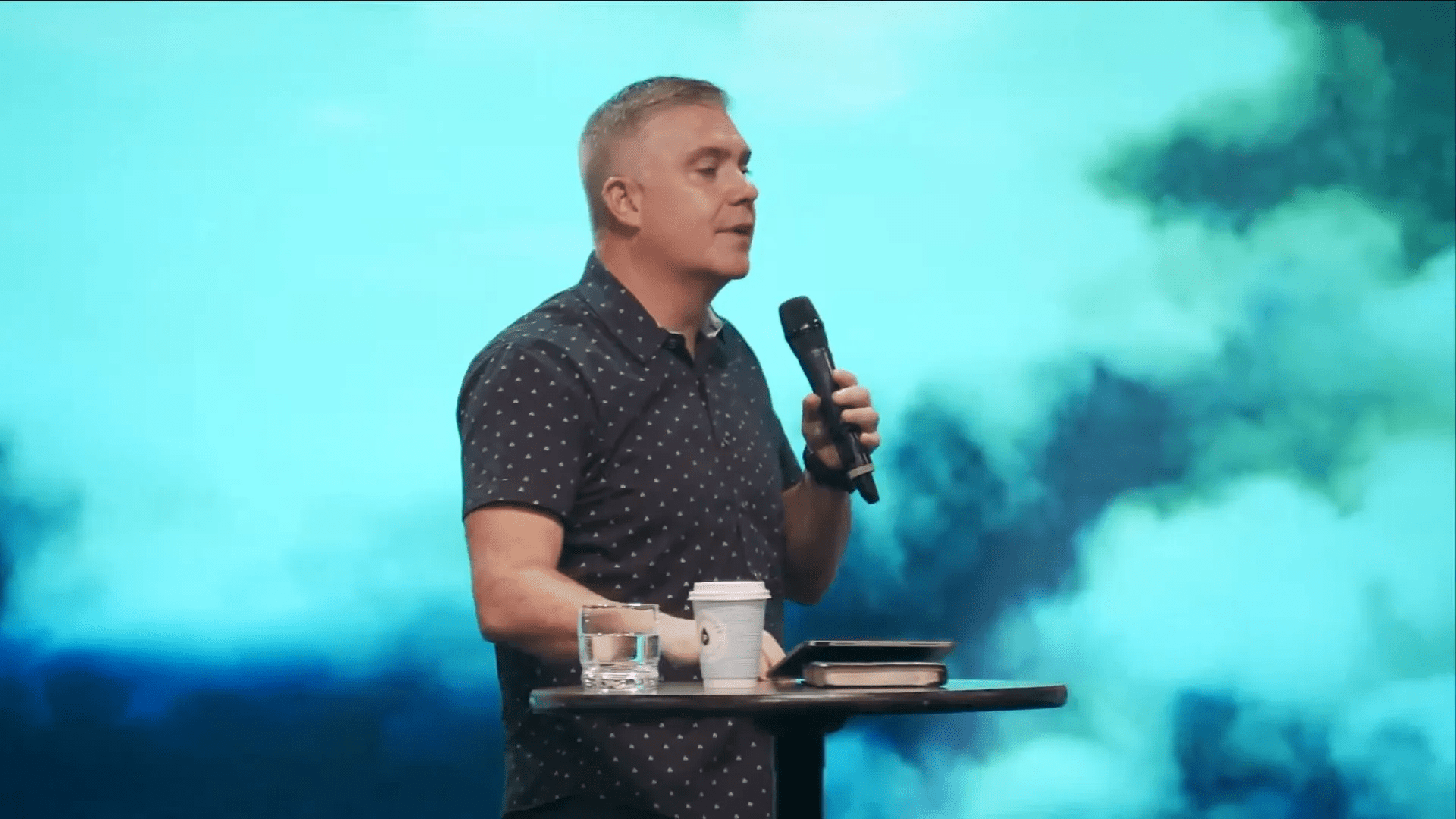
Prophetic Insights from Hosea
The prophetic book of Hosea offers profound insights into God’s relationship with His people, particularly in the context of the last days. Hosea’s call to return to the Lord is not just a plea for repentance; it is a reminder of God’s unwavering love and desire to restore His people. In Hosea 6:1-2, we read, “Come, let us return to the Lord; for He has torn us, but He will heal us; He has stricken us, but He will bind us up. After two days He will revive us; on the third day He will raise us up, that we may live in His sight.” This passage foreshadows the hope of resurrection and revival, echoing themes of restoration that resonate throughout scripture.
The Significance of the Three Days
The reference to three days in Hosea is particularly compelling. It not only alludes to the resurrection of Christ but also symbolizes a period of waiting and preparation leading to revival. The implication is that after a time of trial and separation, God will raise His people back to life, spiritually and physically. This prophetic insight encourages believers to remain steadfast and hopeful, knowing that God is working amid turmoil.

The Millennial Perspective
Understanding the millennial perspective is crucial for grasping the fullness of God’s plan in the last few days. The concept of a millennium, a thousand-year reign of Christ, is rooted in scripture and serves as a focal point for eschatological discussions. Revelations 20 speaks of this period where Christ will reign, and His followers will reign with Him, which offers a glimpse of hope and purpose amid uncertainty.
Living in Anticipation
As we consider the implications of the millennium, it becomes clear that believers are called to live in anticipation of Christ’s return. This anticipation should shape our actions and priorities. The knowledge that we are part of a grand narrative—one that culminates in Christ’s ultimate victory—should motivate us to engage actively in our faith. We are not merely waiting; we are participants in a divine plan.
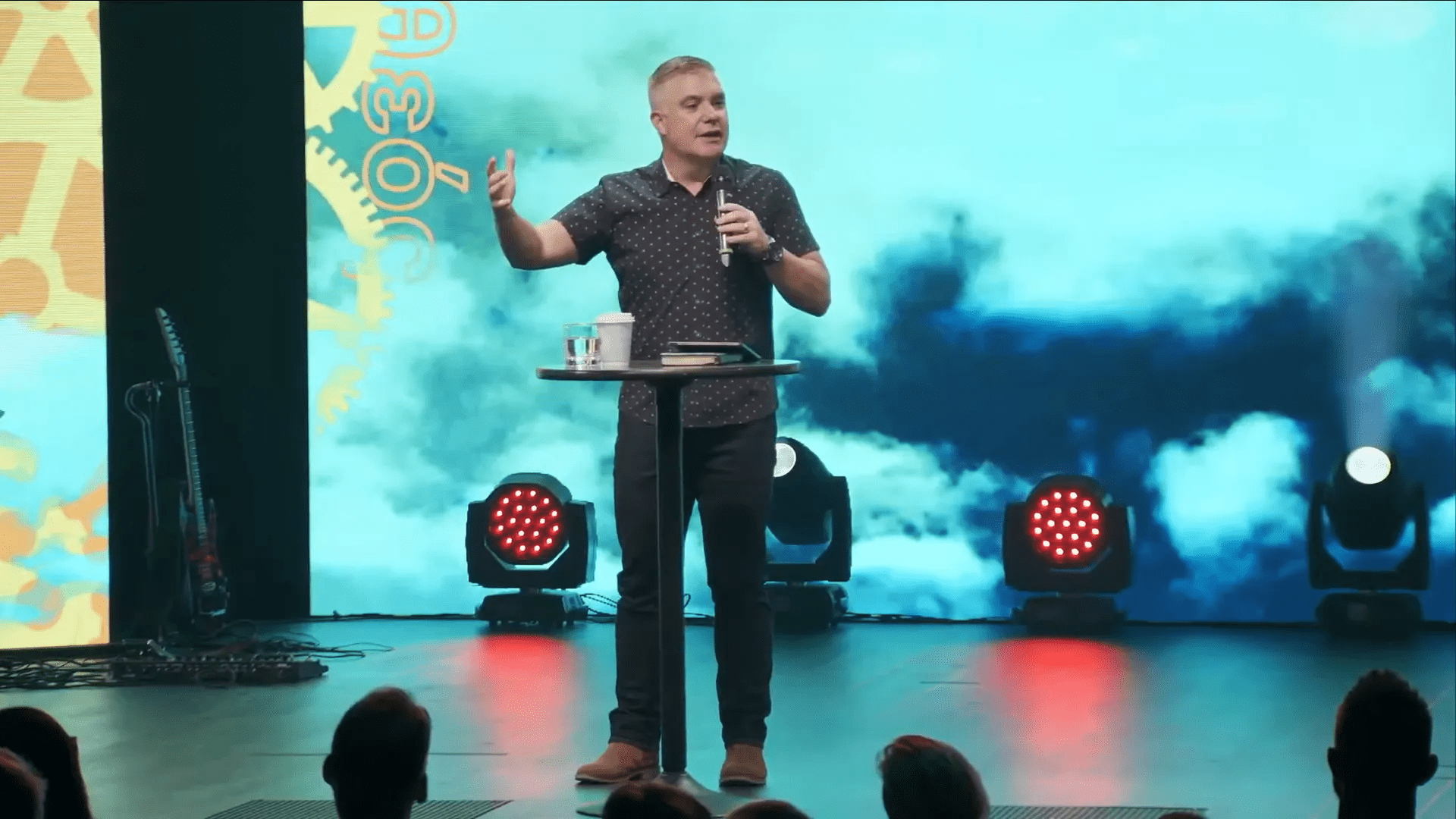
The Importance of the Fig Tree
In Matthew 24:32-33, Jesus uses the fig tree as a metaphor for understanding the times. He states, “Now learn this parable from the fig tree: When its branch has already become tender and puts forth leaves, you know that summer is near. So you also, when you see all these things, know that it is near—at the doors!” The fig tree symbolizes the nation of Israel, and its budding signifies the nearness of the end times.
Recognizing the Signs
Recognizing the signs of the times is essential for believers. The flourishing of Israel as a nation since 1948 has profound implications for eschatology. Just as the fig tree’s leaves indicate the approaching summer, the events unfolding in Israel and around the world signal the nearing return of Christ. Believers must remain vigilant, discerning the spiritual climate and understanding what it means for their faith.
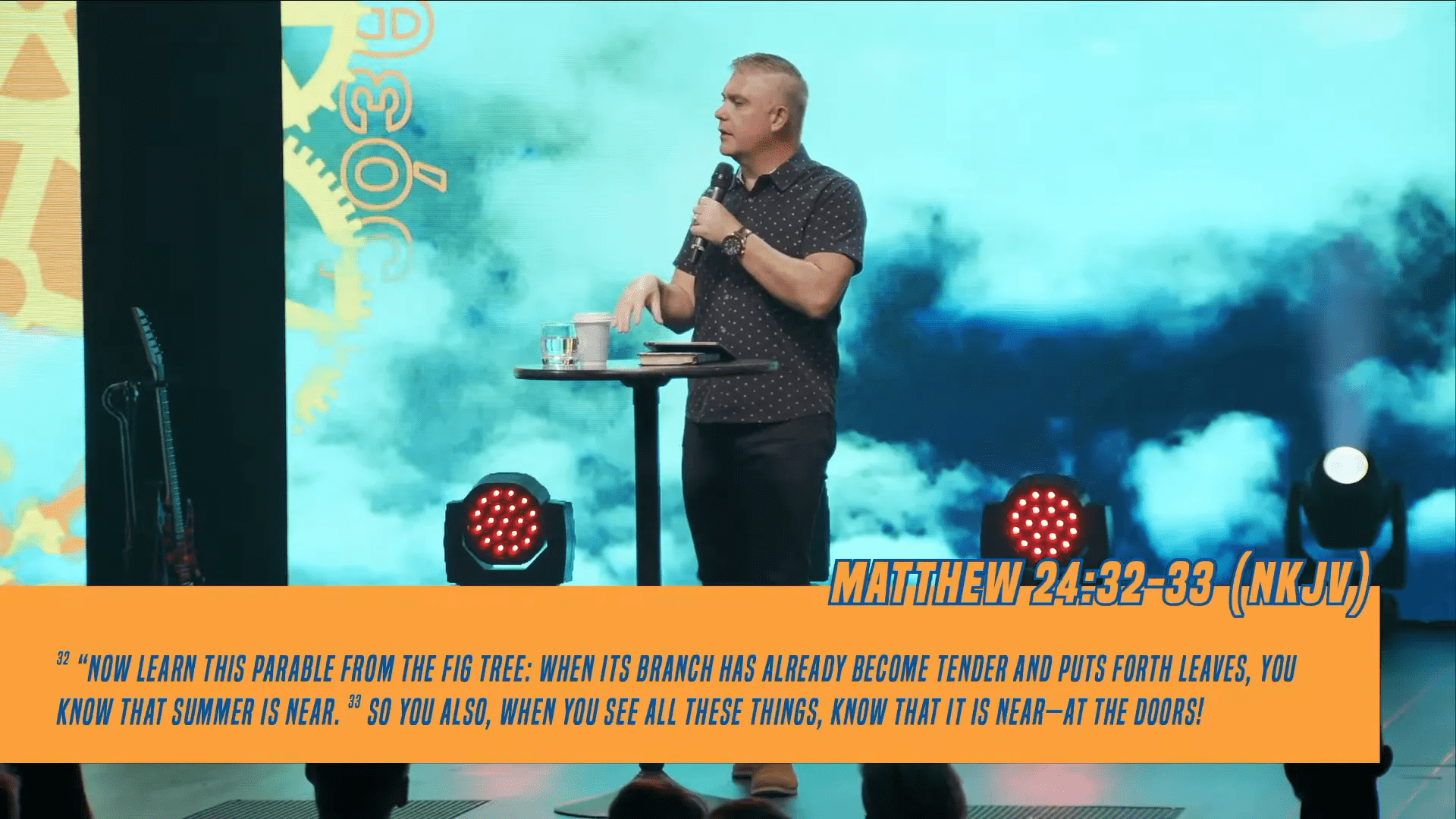
The Current Season and Its Implications
We are currently in a significant season in history, marked by both challenges and opportunities. The convergence of global events—political turmoil, natural disasters, and moral decline—reveals the urgency of our times. It is a season that calls for awakening and action among believers. As the world grows darker, the light of Christ must shine brighter through His followers.
Awakening to Our Purpose
In this current season, believers are called to awaken to their purpose. Each individual has a role to play in God’s plan. Whether through acts of service, sharing the gospel, or standing firm in faith, every action contributes to the larger narrative of God’s kingdom. The importance of being actively engaged cannot be overstated; we must not become complacent or distracted by the chaos around us.
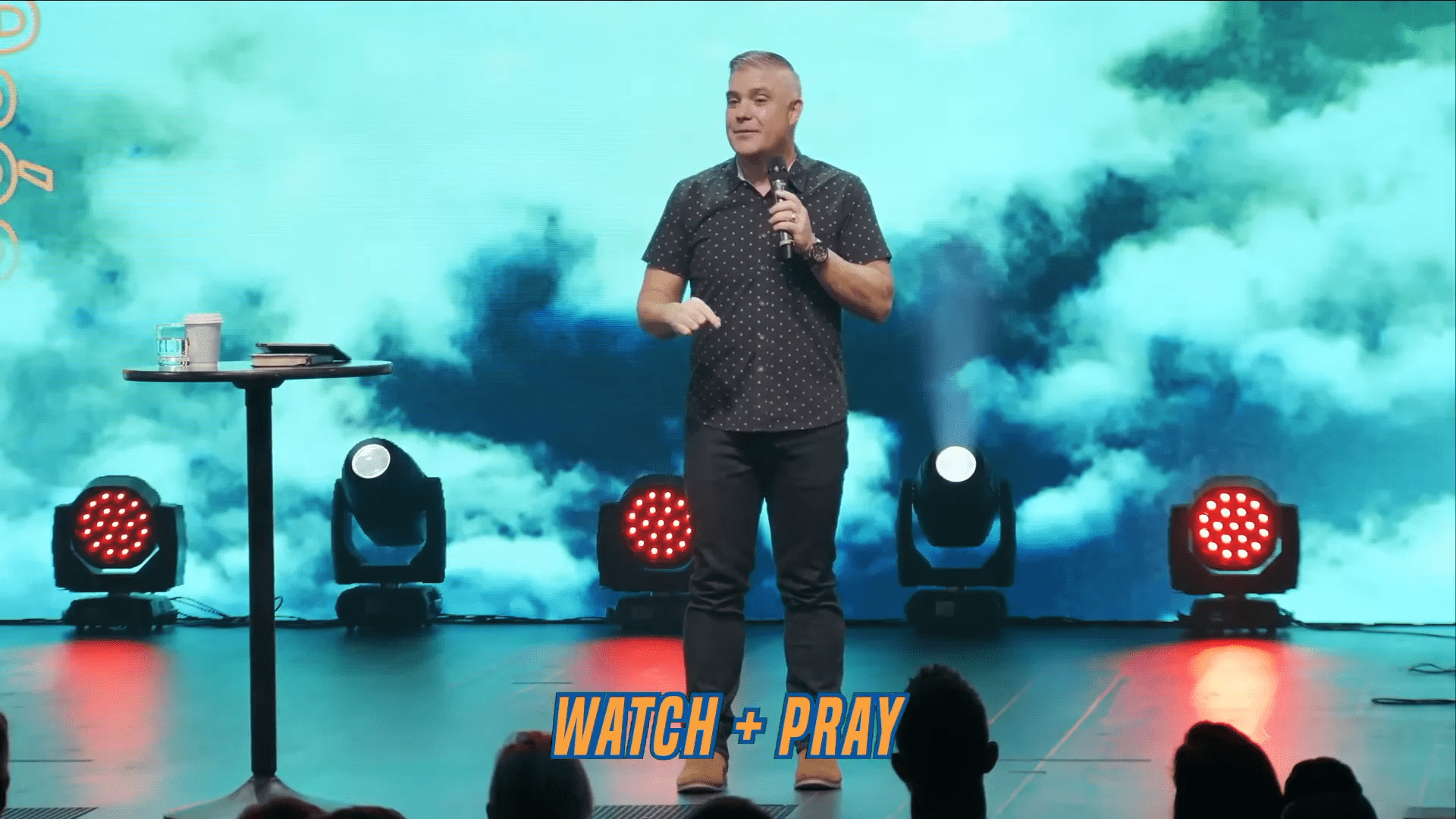
A Call to Action: Watch and Pray
Jesus emphasizes the importance of vigilance in the last days. In Matthew 26:41, He instructs, “Watch and pray, lest you enter into temptation. The spirit indeed is willing, but the flesh is weak.” This call to action is twofold: we must be alert to the spiritual battles around us and maintain a close relationship with God through prayer.
Developing a Prayer Life
Developing a robust prayer life is essential for spiritual endurance. Prayer aligns our hearts with God’s will and empowers us to navigate the challenges of our times. It is through prayer that we receive strength, wisdom, and guidance. As we seek God’s presence, we become equipped to fulfill our calling and make a difference in the world.

Making a Spiritual Impact
Amid the uncertainty, believers have the opportunity to make a significant spiritual impact. Whether in our communities, workplaces, or families, we are called to be agents of change. This involves not only sharing the gospel but also demonstrating Christ’s love through our actions. Our lives should reflect the hope we have in Christ, drawing others to Him.
Impacting the Next Generation
One of the most profound ways to make an impact is by investing in the next generation. Discipling young believers and teaching them the truths of scripture ensures the continuation of faith. As we pour into others, we create a ripple effect that extends beyond our immediate circles. The urgency of our times calls for intentional mentorship and guidance.
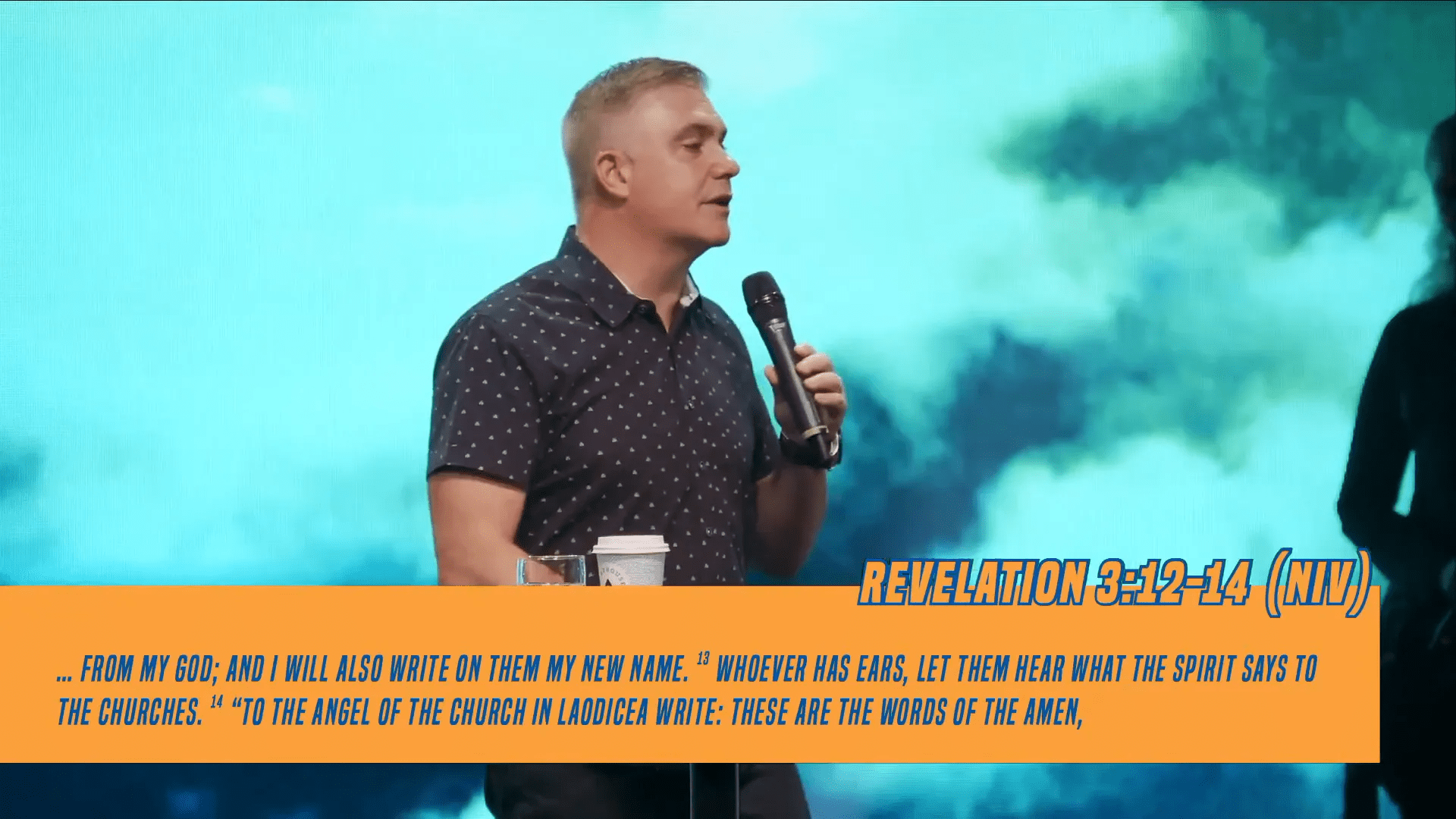
The Prophetic Nature of the Seven Churches
The seven churches in Revelation provide a prophetic framework for understanding the state of the church throughout history. Each church represents different conditions of faithfulness and compromise, serving as a mirror for today’s believers. The messages to these churches reveal both warnings and encouragements relevant to our own spiritual journeys.
Lessons from Each Church
- Ephesus: The call to return to our first love.
- Smyrna: Encouragement to remain faithful amid persecution.
- Pergamos: Warning against compromise and false teachings.
- Thyatira: The importance of discernment in leadership.
- Sardis: Call to awaken from spiritual sleep.
- Philadelphia: Promises for the faithful remnant.
- Laodicea: Warning against lukewarm faith.

Conclusion: Choosing Your Path
As we navigate these last days, the choice is clear: will we stand firm in our faith or succumb to the distractions of the world? Jesus calls us to be found busy with His Father’s business, actively living out our faith. Each of us must decide which path we will take—one of faithfulness or compromise. The time is now to choose your path and commit to being a vibrant witness for Christ.
